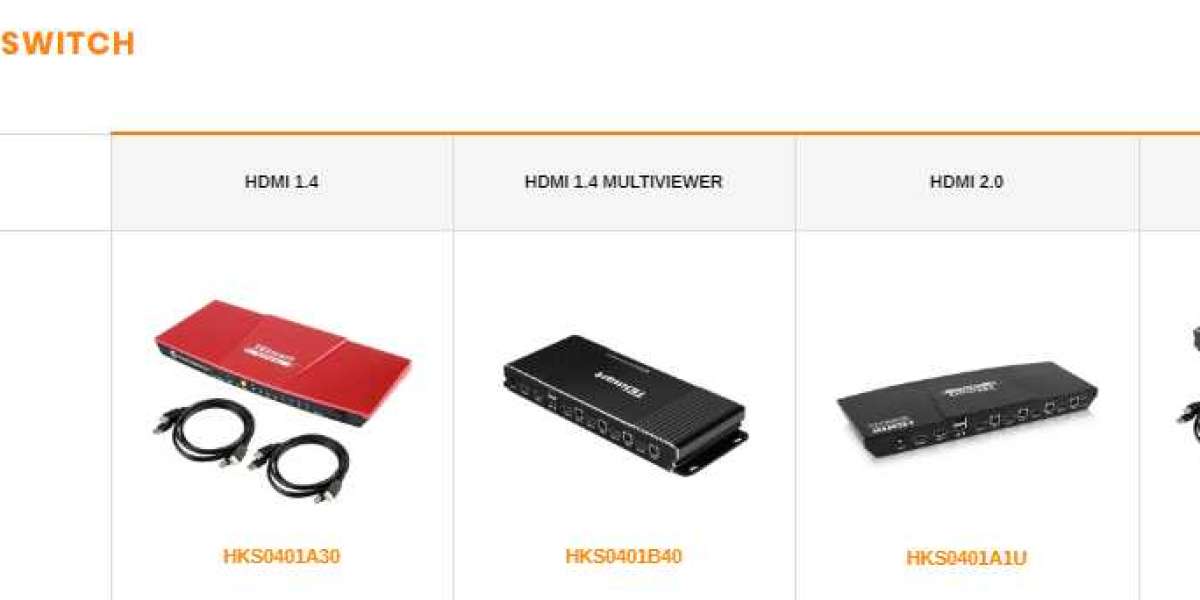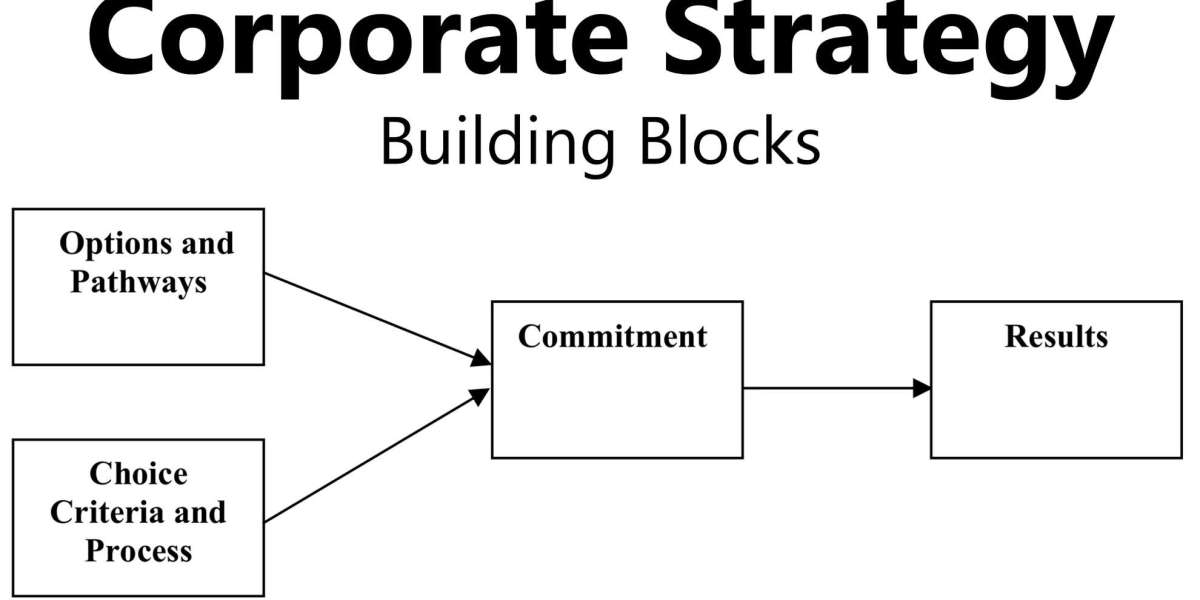In today’s highly competitive market, retailers face immense pressure to deliver personalized experiences, streamline operations, and adapt to changing consumer behaviors. Technology has become the driving force behind these changes, enabling businesses to connect with customers more effectively and optimize internal processes. Among the most significant advancements shaping this transformation is retail software development. By leveraging customized software solutions, retailers can achieve efficiency, flexibility, and innovation in ways that generic tools cannot provide.
Retail software development refers to the creation of specialized applications and platforms designed to address the unique needs of retailers. These solutions range from point-of-sale (POS) systems, inventory management platforms, and customer relationship management (CRM) tools to advanced e-commerce websites and mobile applications. Unlike off-the-shelf products, custom retail software can be tailored specifically to a company’s workflow, ensuring it aligns seamlessly with existing processes while supporting scalability for future growth.
One of the most critical areas where retail software development proves invaluable is in inventory management. Retailers often face challenges such as stock shortages, overstocking, and inefficient replenishment cycles. Customized inventory systems provide real-time visibility into stock levels, automate reorder processes, and use predictive analytics to anticipate demand based on historical data and seasonal trends. For instance, a fashion retailer can ensure popular items are restocked before they sell out, while minimizing excess stock of slower-moving products. This optimization not only reduces costs but also enhances customer satisfaction by ensuring product availability.
Point-of-sale systems are another core component of retail operations that benefit greatly from tailored solutions. Modern POS systems go beyond simple transaction processing; they integrate with loyalty programs, manage discounts, and even capture customer purchase behavior. Through retail software development, businesses can build POS systems that are adaptable to both in-store and mobile environments. This flexibility allows sales associates to assist customers from anywhere in the store, creating a more engaging shopping experience. Furthermore, integration with other systems like inventory and CRM ensures that every transaction contributes valuable data to inform future decisions.
Customer relationship management is at the heart of modern retail strategy, and custom-built CRM tools offer a powerful way to foster loyalty. Retail software development enables businesses to design CRM platforms that capture detailed customer insights, including purchase history, preferences, and feedback. With this data, retailers can create personalized marketing campaigns, tailor loyalty rewards, and provide more targeted recommendations. For example, a supermarket chain could use custom CRM software to offer discounts on frequently purchased items or send personalized meal planning suggestions, thereby deepening customer engagement.
E-commerce has grown into a cornerstone of retail success, and custom software development plays a vital role in building competitive online platforms. Tailored e-commerce solutions offer retailers control over design, functionality, and user experience. Features such as secure payment gateways, personalized product recommendations, and advanced search functions can be integrated seamlessly. Unlike standard platforms, custom-built solutions allow for full alignment with a brand’s identity and customer journey. As consumer expectations for online shopping continue to rise, these customized experiences become a significant differentiator in the marketplace.
Omnichannel retailing is another domain where retail software development makes a transformative impact. Today’s customers expect to move fluidly between digital and physical channels without encountering inconsistencies. A well-developed omnichannel system ensures that customer data, product availability, and promotions are synchronized across websites, apps, and brick-and-mortar stores. For example, a customer might browse products online, purchase via a mobile app, and pick up their order in-store, all while enjoying a unified brand experience. Retailers that implement such seamless systems gain a competitive edge by meeting the expectations of convenience and consistency.
The integration of emerging technologies such as artificial intelligence (AI), machine learning (ML), and the Internet of Things (IoT) is also facilitated by retail software development. AI-driven tools can analyze customer behavior to provide personalized recommendations or optimize pricing strategies. Machine learning algorithms can forecast demand more accurately, while IoT devices can track inventory in real time and enhance supply chain transparency. These innovations are difficult to achieve with standard software but become attainable through customized development that aligns with a retailer’s specific objectives.
Mobile applications are another vital product of retail software development. As mobile usage continues to dominate consumer behavior, apps provide retailers with opportunities to engage customers directly. Features like mobile payments, push notifications, and digital loyalty cards enhance convenience and keep customers connected to the brand. Some advanced apps even offer augmented reality (AR) experiences, allowing customers to visualize products in their environment before purchasing. With custom development, these apps can be uniquely designed to reflect a brand’s identity and provide functionalities that resonate with its target audience.
Security and compliance are also paramount in the retail industry, given the increasing volume of online transactions and sensitive customer data. Custom retail software allows businesses to implement advanced security protocols, such as encryption, fraud detection, and secure authentication methods. Additionally, developers can ensure that systems comply with international standards like PCI DSS for payment processing or GDPR for data privacy. By prioritizing security, retailers protect both their customers and their reputation, reducing the risks of breaches and legal complications.
Cloud-based retail software solutions are another game-changer. Cloud integration enables real-time access to sales, customer, and inventory data from multiple locations, which is especially valuable for retail chains and franchises. This centralization of information improves decision-making while reducing infrastructure costs. Moreover, cloud platforms provide scalability, making it easier for retailers to expand operations, add new features, or support remote collaboration. Retailers using cloud-based custom solutions also benefit from faster updates and improved disaster recovery capabilities.
Scalability is perhaps one of the most compelling benefits of retail software development. Unlike rigid pre-packaged solutions, custom-built systems evolve with the business. As a retailer grows, new functionalities, integrations, or modules can be added without disrupting operations. This adaptability ensures long-term value and minimizes the need for frequent software replacements. Ongoing support and maintenance from development partners further guarantee that the systems remain efficient, secure, and aligned with emerging technologies.
In conclusion, retail software development is reshaping how businesses operate and compete in the modern marketplace. From inventory and POS systems to CRM platforms and e-commerce solutions, customized software empowers retailers to deliver superior customer experiences, optimize operations, and stay ahead of technological trends. By investing in tailored solutions, businesses can build the agility and innovation required to navigate today’s dynamic retail environment. Ultimately, custom development is not just about technology—it’s about creating a sustainable competitive advantage that ensures success in an ever-evolving industry.






